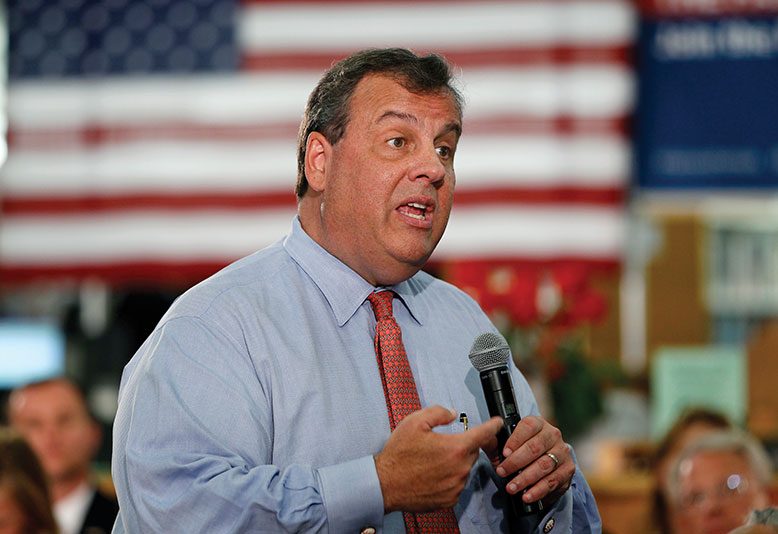
If nothing else, Governor Chris Christie’s proposed “fairness formula” for school funding has dramatically changed the conversation about state aid for education.
Under Christie’s plan, which he revealed in June, all of the state’s 577 school districts would receive the same $6,599 per student in state aid. For decades, 31 urban school districts (known as Abbott Districts) have received a higher share of state funding in accordance with a series of decisions by the state Supreme Court.
Christie’s plan would be a windfall for the majority of the state’s municipalities, which would be required to use the excess funding they receive to reduce local property taxes.
Because the high court established the current school-funding rules, Christie’s plan would require an amendment to the state constitution.
Many Republicans contend that suburban communities carry a disproportionate share of the burden of funding urban schools through their property taxes.
Further, the governor argues that all those state dollars going to urban schools have been a colossal waste. He points out that graduation rates in places like Camden, New Brunswick, Trenton, Newark and Asbury Park—districts that get some of the highest percentages of state aid—are well below the state average. Asbury Park High School, for example, gets $33,000 per student but had just a 66 percent graduation rate in 2015, among the worst in the state. That, says Christie, is graphic evidence that more state aid does not equate to better schools.
To some, that makes sense. Others, particularly those focused on the needs of urban children, see things differently.
Cecilia Zalkind, president and CEO of Advocates for Children of New Jersey, believes the plan will be a “setback” for children in low-income communities. “The New Jersey Supreme Court held more than 20 years ago that ensuring educational equity for all children requires additional funding for children in poor communities to overcome disadvantage. That need has not changed,” says Zalkind. “Fair funding implies that all children have the same advantages; that is simply not true.”
Zalkind argues that the governor’s plan will create an “opportunity gap” for urban, largely minority, children.
Other organizations, including the Education Law Center, the organization that brought the original case for increased funding for urban school districts to the state Supreme Court, as well as the NJEA, are against the governor’s plan—as might be expected.
With Democrats, many representing urban areas, controlling both houses of the state Legislature, it is unlikely we will see a statewide referendum on the necessary amendment. Such a referendum would require legislative approval. So why bring it up?
I’d like to believe that the governor is trying to kick-start an important discussion on funding for urban schools and how the expense affects property taxes. We agree that simply spending more money in urban districts isn’t the answer, and suburban property taxes are out of control. However, to say that kids in urban areas should get the same amount of state money for their education as kids in suburban areas grossly oversimplifies a multifaceted situation. These kids have lots of needs and challenges that suburban kids don’t face. And the state constitution says every citizen in New Jersey is responsible to address that imbalance.
In the long run, reduced funding for urban districts might make them more efficient and effective, as Christie contends, but in the short term, an entire generation of urban kids is at greater risk, which leads one to ask, is that really “fair”?
